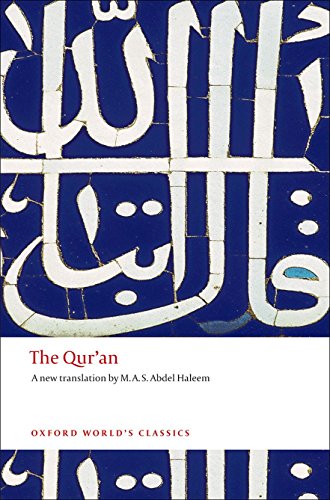Understanding the Revelation of the Quran
The Quran is considered the holy book of Islam, believed by Muslims to be a revelation from God. Its revelation is a significant event in Islamic history and understanding how the Quran was revealed provides valuable insights into the religion. The process of the revelation of the Quran took place over a period of 23 years and involved the Prophet Muhammad, who played a central role in transmitting the divine message to the Muslim community.
The Role of the Prophet Muhammad
The Prophet Muhammad is considered the last and final prophet in Islam. It is believed that he received the first revelation from God through the angel Gabriel in the year 610 CE. This event took place in the Cave of Hira, located near the city of Mecca in present-day Saudi Arabia. Muhammad, as the chosen messenger, held a central role in the revelation process. He received the revelations from God and then conveyed them to his followers, who memorized and wrote them down.
Oral Transmission and Memorization
In the early stages of the revelation, there was no written form of the Quran. The revelations were initially transmitted orally, with the Prophet Muhammad reciting them to his companions and followers. This oral transmission was crucial in preserving the Quran’s message and ensuring its accurate preservation. The early Muslims would memorize the revelations and recite them during prayers and gatherings. This emphasis on oral transmission and memorization allowed the Quran to be passed down generations without any alteration.
Compilation of the Quran
As the revelations continued over the 23-year period, the companions of the Prophet Muhammad would write down the verses on various materials, including bones, stones, and pieces of parchment. However, the primary means of preserving the Quran was through memorization. The companions who had memorized the entire Quran were known as Hafiz and played a crucial role in ensuring the preservation of the holy book. They would recite the Quran during the gatherings of the Muslim community.
After the death of the Prophet Muhammad in 632 CE, the Muslim community faced the challenge of compiling the Quran into a single book. The first caliph, Abu Bakr, entrusted the task to a committee led by Zayd ibn Thabit, who had been one of the scribes of the Prophet Muhammad. The committee gathered the written materials and consulted the Hafiz to verify the authenticity of the collected verses. The compilation process resulted in the creation of a standardized text that is known as the Uthmanic text, named after the third caliph, Uthman ibn Affan.
Preservation and Significance of the Quran
The Quran, in its written form, has been meticulously preserved since its compilation in the early centuries of Islam. The Uthmanic text, which became the standard version of the Quran, has been spread worldwide. Today, Muslims recite and study the Quran in its Arabic language, considering it the literal word of God. The Quran is regarded as the ultimate guide for Muslims in matters of faith, ethics, and personal conduct. It serves as a source of divine guidance, spiritual solace, and moral teachings for over a billion Muslims worldwide.






